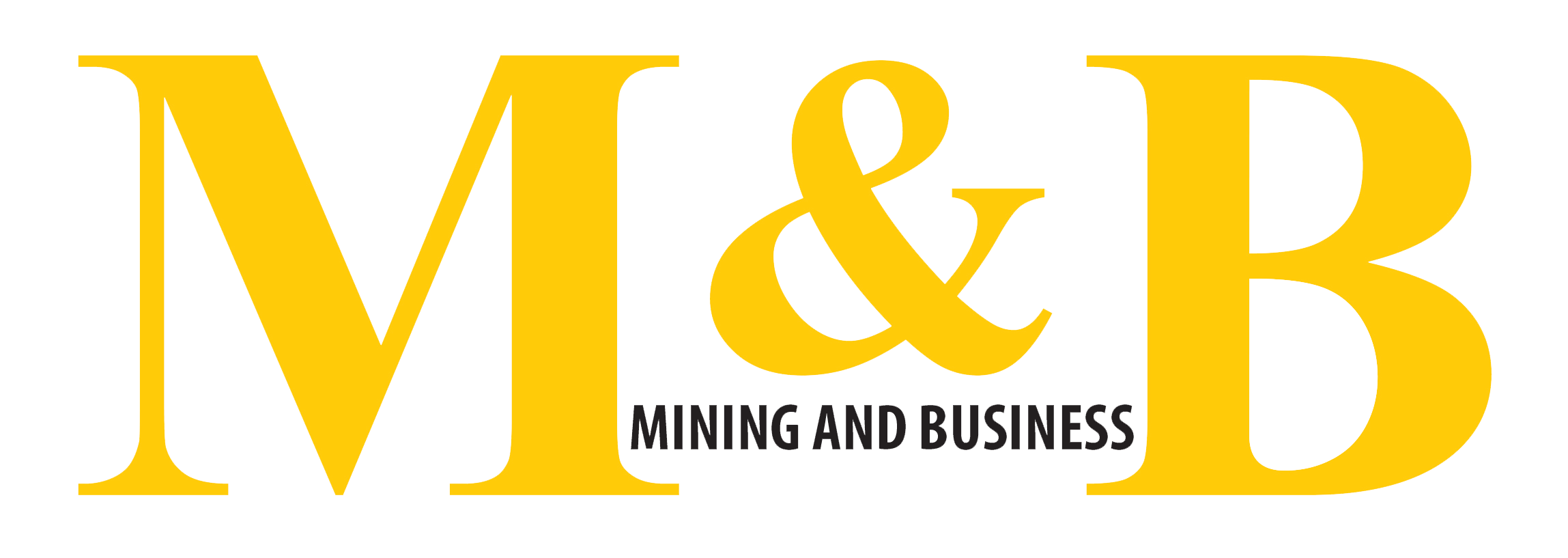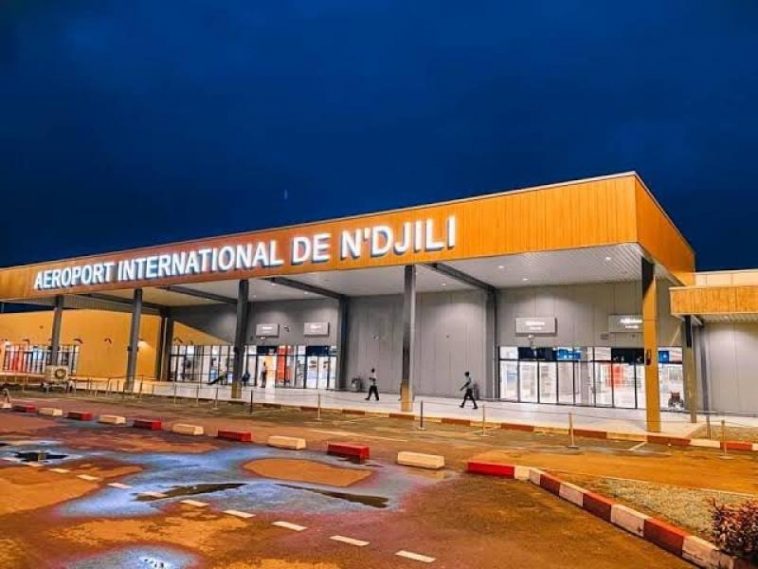The leak of a contract introducing a new USD 30 security fee per passenger in Congolese airports has sparked a wave of controversy in the DRC. Between public outrage, political criticism, and a partial government denial—now presented as a “reallocation” rather than a new tax—M&B breaks down the situation.
The debate erupted on November 3 after the circulation online of a Public–Private Partnership (PPP) contract between the Ministry of the Interior and the U.S. company Securiport LLC. Social media quickly ignited, with countless users denouncing what they described as yet another “fiscal overload” in the air transport sector. Some calculated that combined airport taxes could now reach USD 143 per ticket once this new fee was added.
“After the USD 58 airport tax and the USD 55 Go-Pass, they want to add another USD 30 for security. What are the other fees for then?” one user protested on X.
Calls for Clarity
The controversy soon reached the political arena. Lawyer and former member of parliament Juvénal Munubo called on the government to provide an official explanation.
“For transparency’s sake, the Ministry of the Interior must explain this additional fee. Adding more charges to travelers—already burdened by high ticket prices—is only punishing the population,” he said on X.
According to the leaked contract with Securiport, which M&B was able to review, the fee would finance an integrated security and immigration management system for the country’s airports and border posts.
The document states that 85% of the revenue would go to the American operator, while only 15% would return to the Congolese state.
“This system is already in use in Senegal, Côte d’Ivoire, Congo-Brazzaville, and Mali,” Interior Minister Jacquemain Shabani noted.
Government Attempts to Defuse the Situation
In response to mounting criticism, Minister of the Interior Jacquemain Shabani sought to calm the public backlash.
“The government will not introduce a new tax at DRC airports,” he told Top Congo FM, clarifying that it is instead a “reallocation of an existing fee” previously collected by the Directorate-General of Migration (DGM) and paid by airlines.
The ministry says the measure aims to modernize border-control systems and bring the country in line with International Civil Aviation Organization (ICAO) standards.
According to the government, domestic passengers would not be affected; the fee would apply only to international travelers. The system—described as a tool to modernize border management in accordance with ICAO standards and to strengthen efforts against terrorism, armed conflict, and rebel movements exploiting migration-control weaknesses—will be deployed at major airports and border posts nationwide.
“This system is already in use in Senegal, Côte d’Ivoire, Congo-Brazzaville, and Mali,” Shabani reiterated.
M&B

